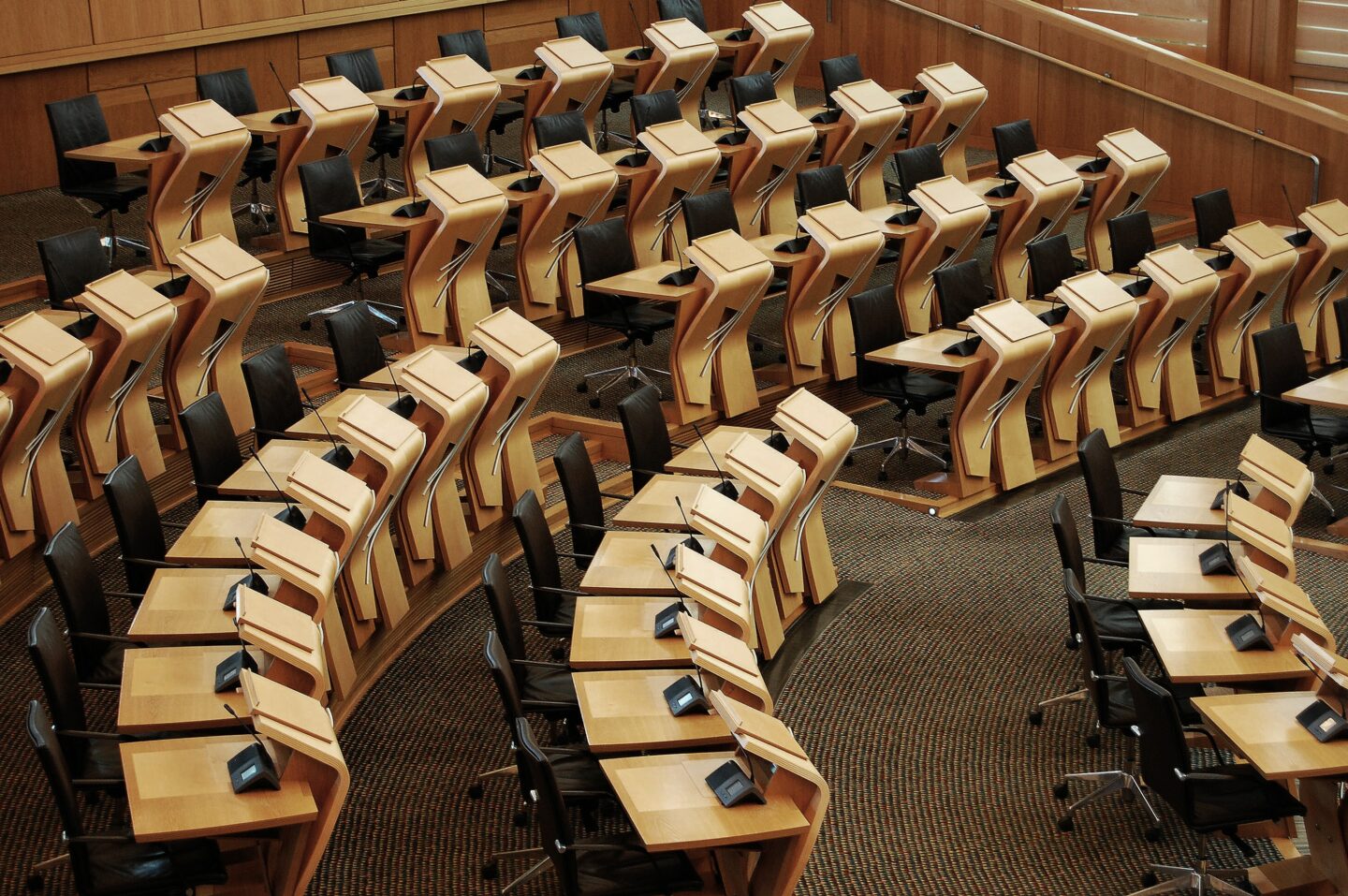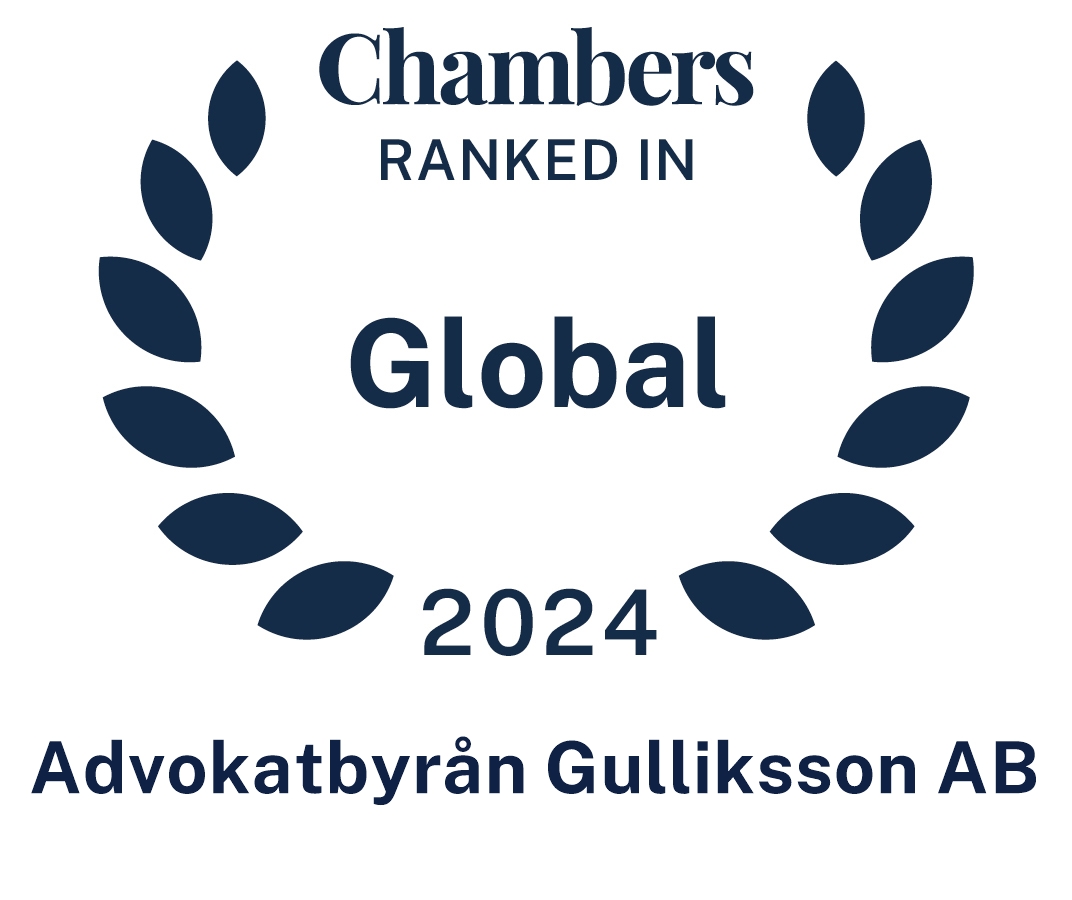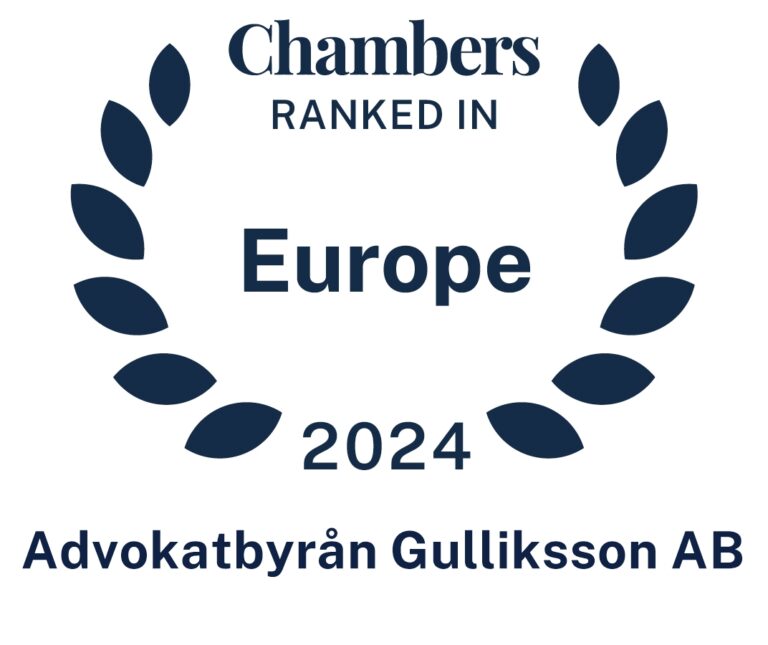On Wednesday, February 13, 2019, The Council of the EU, through its representatives of the Romanian presidency, and the European Parliament reached a provisional agreement on a draft directive that introduces changes to existing EU copyright rules in order to make it fit-for-purpose in today’s digital environment.
According to a European Parliament press release the agreement reached entails, for example that:
- Internet platforms, such as YouTube, Facebook and Google News, face incentives to pay for use of artists, creators and journalists’ work;
- the directive will not impose filters, which has been suggested previously;
- The inclusion of an express exception in regards to some uploaded material, such as memes or GIFs, which can be shared freely;
- The inclusion of an express exception in regards to hyperlinks to news articles that are accompanied by “individual words or very short extracts”, i.e. a snippet, which can be shared freely;
- Journalists shall get a share of any copyright-related revenue obtained by their press publisher;
- start-up platforms are subject to lighter obligations; and
- uploading works to online encyclopaedias in a non-commercial way, such as Wikipedia, or open source software platforms, such as GitHub, will automatically can be done freely.
The new directive aims at ensuring that copyright law applies on the Internet and to empower creatives and news publishers to negotiate with internet giants. In addition, the legislators claim that the agreement reached on the draft directive safeguards the freedom of expression.
The new directive is however, not a done deal. The agreement must now be endorsed by the relevant bodies of the Council and the European Parliament and subsequently formally approved by the same.
You can read more about the new Copyright Directive here
If you have any questions regarding the new Copyright Directive, please contact Gulliksson’s Senior Associate Emelie Rexelius.




